Global warming, a pressing environmental issue, has profound effects on coastal zones. As temperatures rise due to increased greenhouse gas emissions, coastal areas face numerous challenges that threaten both human populations and natural ecosystems. This article delves into the various impacts of global warming on coastal zones and examines the strategies needed to mitigate and adapt to these changes.
Effects On Coastal Zones
Global warming poses significant threats to coastal zones, impacting human populations and ecosystems alike. Rising sea levels, increased coastal erosion, more severe storms, and loss of biodiversity are some of the critical challenges that need to be addressed.
Rising Sea Levels
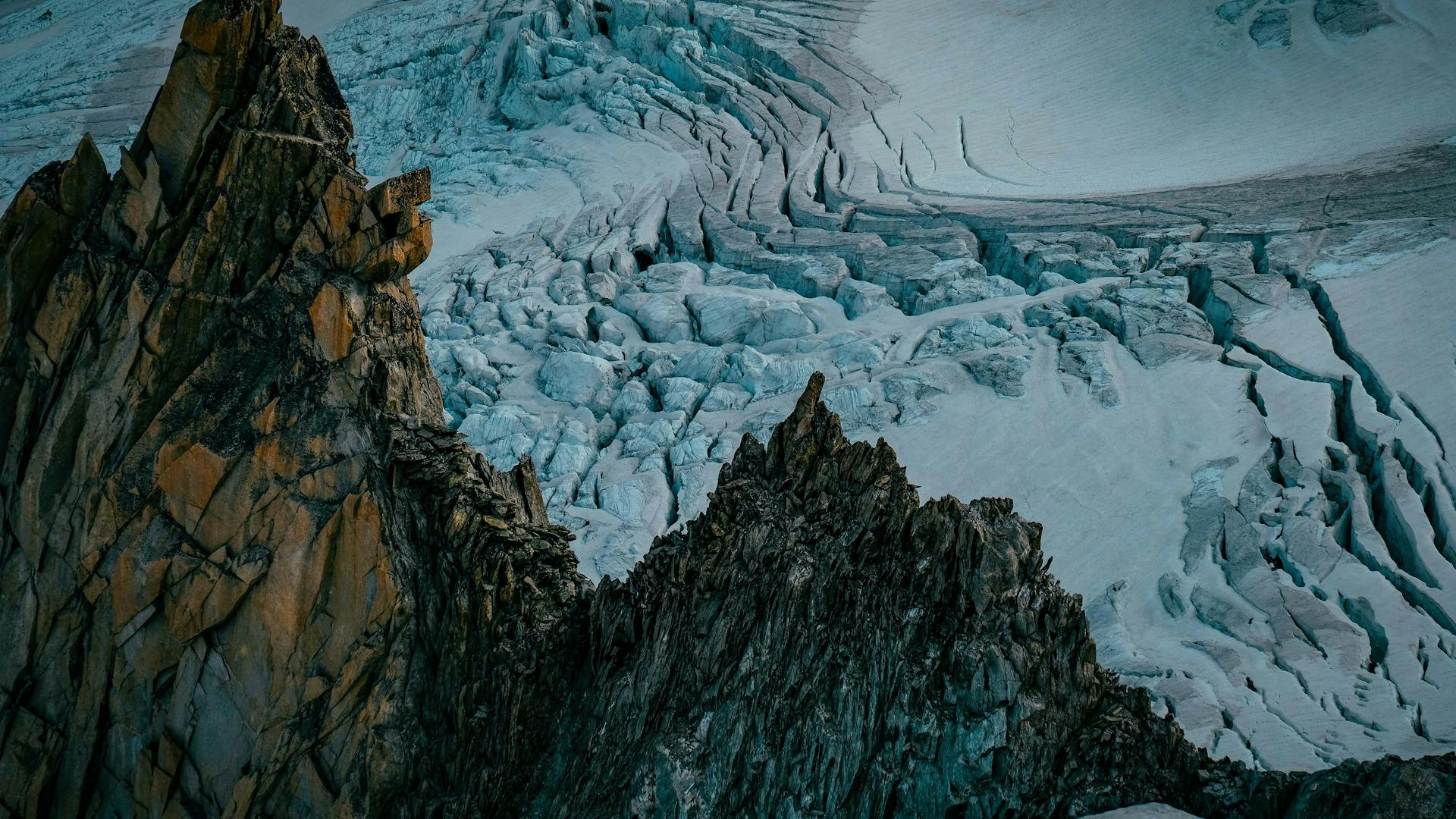
One of the most significant impacts of global warming on coastal zones is rising sea levels. Thermal expansion of seawater and the melting of polar ice caps contribute to higher sea levels, which can inundate low-lying areas, displacing communities and disrupting local economies. Coastal cities and island nations are particularly vulnerable to this phenomenon.
Increased Coastal Erosion

As sea levels rise, coastal erosion intensifies. Higher water levels and stronger wave action erode shorelines, leading to the loss of land and property. This process not only affects human settlements but also alters coastal habitats, impacting plant and animal species that rely on these environments.
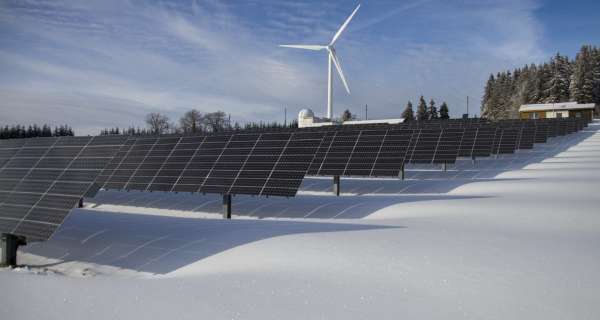
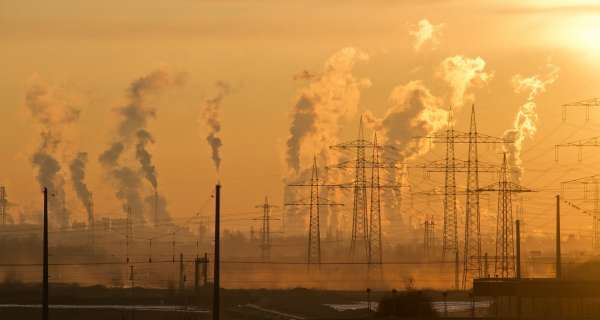





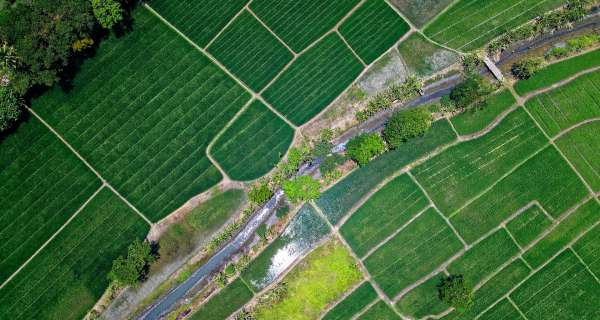







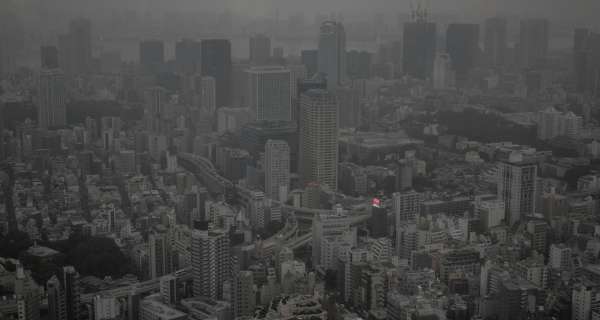
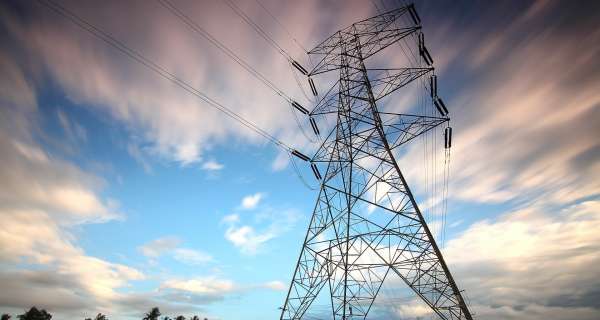








0 Comments